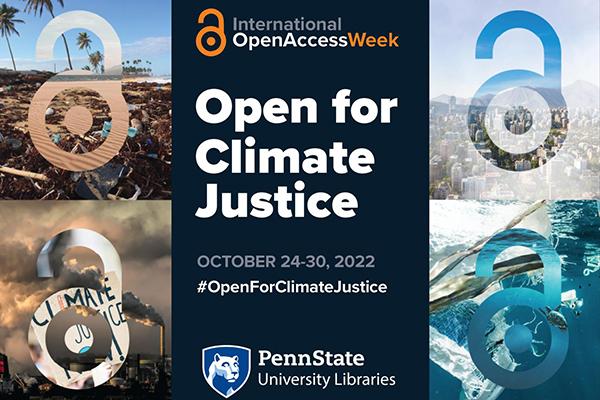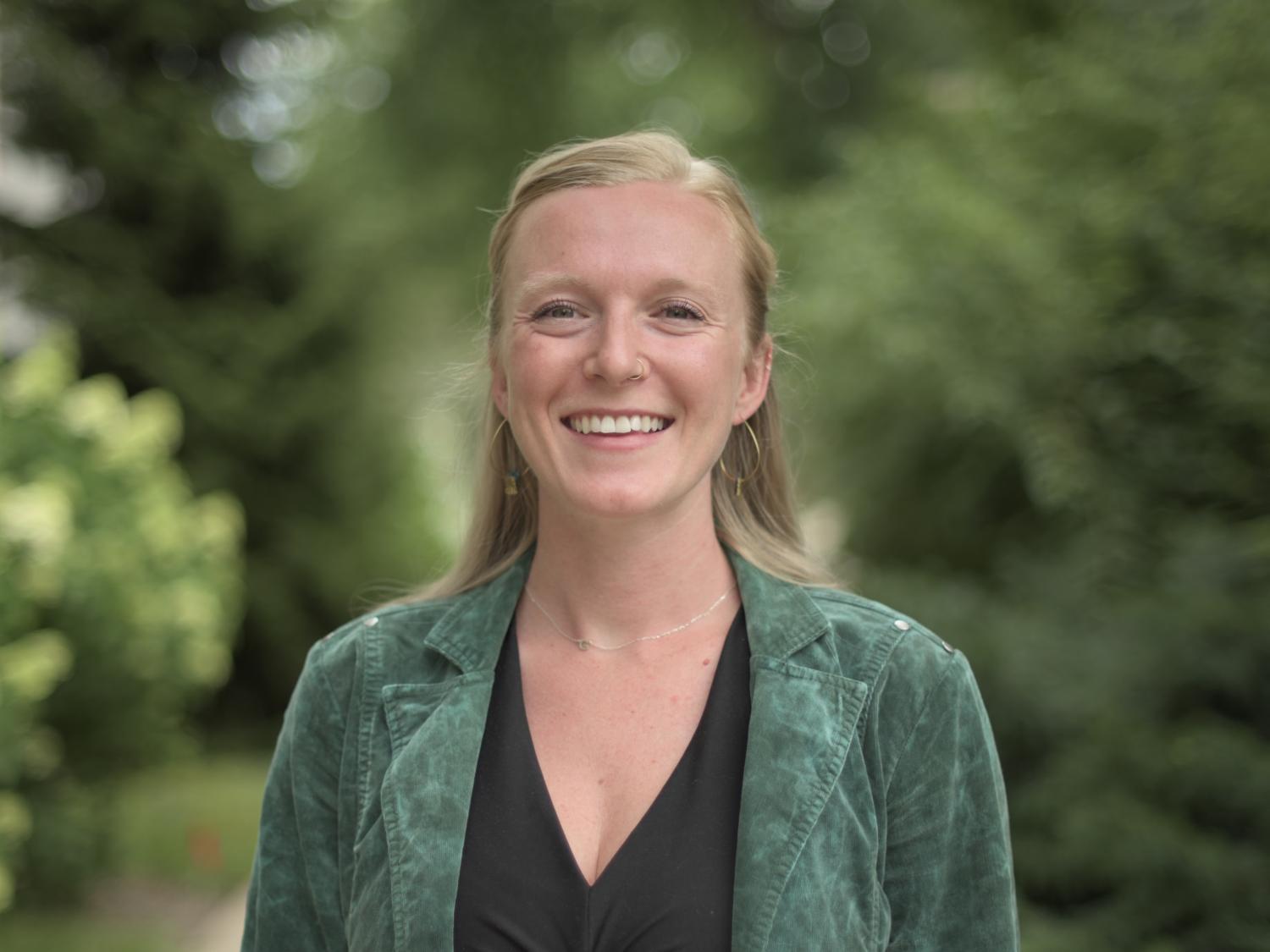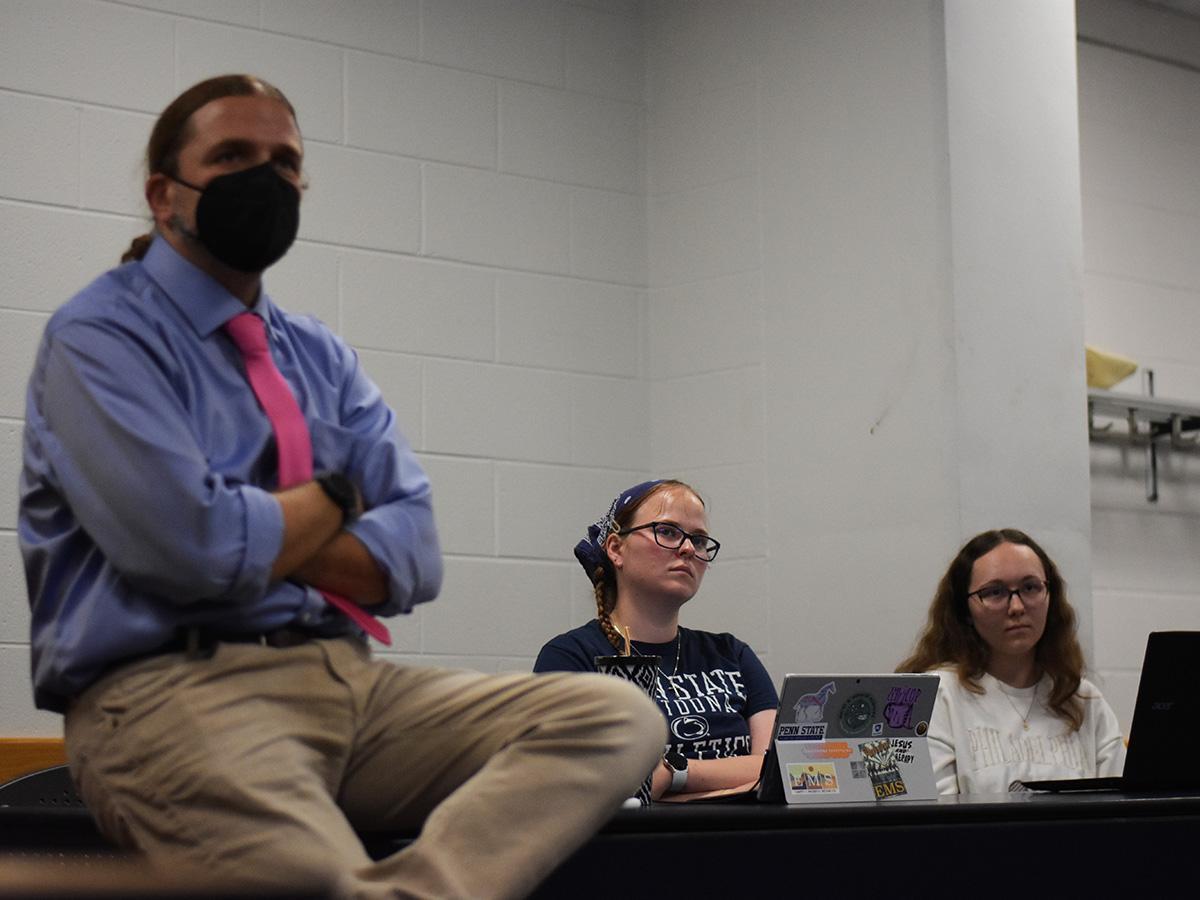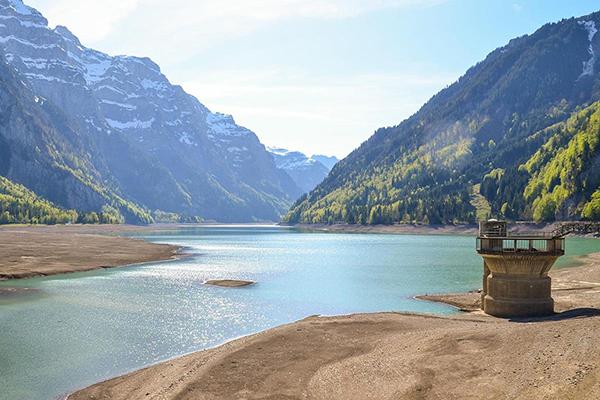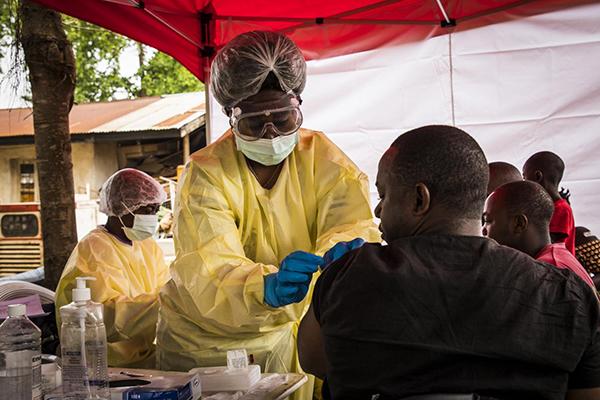Geography News
Penn State University Libraries will participate in the 14th annual global observation of Open Access Week, Oct. 24–30, by hosting a virtual panel of Penn State faculty at noon Tuesday, Oct. 25.
Kaitlyn Spangler, a postdoctoral fellow in the Department of Geography at Penn State, will deliver the talk "Towards solar justice in Pennsylvania: tensions of land, farming, and power" at 4 p.m. on Monday, Oct. 10.
American elections are rooted in location, but politicians and political scientists largely determine the shape of legislative districts. A new course offered by Penn State’s Department of Geography brings the focus of the redistricting process back to the geographic basics.
Pennsylvania has one of the highest rates of opioid overdose in the nation, and, according to Penn State researchers, one’s chances of surviving that overdose can depend on where the person lives.
Antonia Hadjimichael, assistant professor of geosciences at Penn State, will discuss the research vision of the MSD Community of Practice as well as planned activities and ways for researchers to interact with the community at a talk at 3:30 p.m. on Friday, Sept. 16.
Two Penn State researchers provided key leadership in the creation of a report to the National Science Foundation (NSF) on engineering research areas that need to be better developed to address climate change.
Mark Ortiz, President’s Postdoctoral Fellow in the Department of Geography at Penn State, will discuss the work of transnational youth movements across the physical and digital spheres and the movements’ distinct visions of climate justice at 3:30 p.m. on Friday, Sept. 9 in 112 Walker Building and via Zoom.
An interdisciplinary team from Penn State has been awarded $2.3M from the National Institutes of Health and the National Science Foundation’s joint Ecology and Evolution of Infectious Disease (EEID) program to evaluate the vulnerability of certain populations to disease outbreaks, with the goal of improving outbreak response and preventing future outbreaks.
Shuyu Chang, a doctoral candidate in Penn State’s Department of Geography, received a Future Investigators in NASA Earth and Space Science and Technology (FINESST) award to study harmful algal blooms in the Chesapeake Bay watershed.
The expansion of wind, solar, hydropower, biofuels and other low-carbon technologies has not accelerated at the pace needed to respond to the climate crisis and often there is a lack of equity and opportunities for communities on the front lines of the climate crisis.


